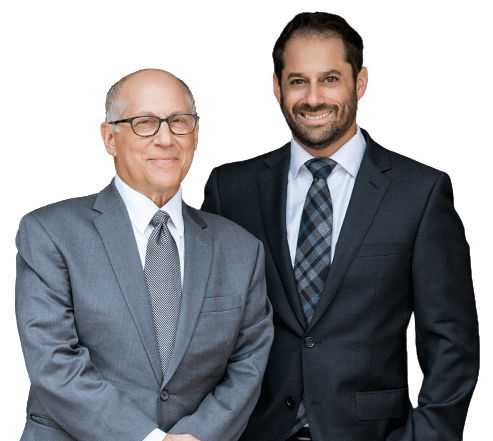
The 132nd Ohio General Assembly is hard at work in Columbus in the land of workers’ compensation law. Earlier this year the legislators approved a significant reform measure on the state’s historic workers’ compensation statute of limitations.
Instead of having two years to claim an injury or death through workers’ compensation, the new reform measure leaves workers with only one year for this type of claim. This measure only impacts injury and death claims and will go into effect 91 days after the Ohio Secretary of State files the budget bill.
Under Ohio Revised Code Section 4123.84, the injury statute of limitations yielding workers the two-year timeframe was in place for close to 100 years. When the new statute takes effect, employers should see an improvement in the application processing time, as well as see a quicker start to investigations and claim resolutions.
Claims that weren’t affected by the statutory change are the occupational disease claims and VSSR applications. These claims still have a two-year window for filing. According to The National Law Review’s article on the matter, this statutory change may “result in the elimination of more questionable, stale claims and provide cost savings to Ohio employers.”
Unfortunately the new one-year timeframe limits an injured worker from filing a claim. It also tightens up the time that employers have to work cooperatively with the injured employee who received an injury on the job. Not surprisingly, employers tend to do whatever they can to avoid an employee filing a claim. Instead, they’ll suggest the injured worker takes time off or an employer may not even file the incident unless the injury is severe enough.
When looking at the bill from a big picture standpoint, it seems as though the only beneficiary here is the employer. While other states may have similar one-year limits, the new bill tightens the benefits an injured employee receives once a claim is even approved. What this bill misses is the needs of the people, and that’s why we’re suggesting immediate action if an injury occurs.
If you or someone you know has been injured at work, you need an experienced lawyer that has extensive knowledge in workers’ compensation to represent you. At Bentoff and Duber, we have represented many of our clients in workplace injuries. Contact us today for your free consultation.
About the author: Brandon Duber, a Partner with Bentoff & Duber Co., LPA, is a lawyer with proven experience in the courtroom and expertise in the areas of workers’ compensation, criminal defense, personal injury and medical malpractice law. He received his B.A. from Skidmore College in Saratoga Springs, NY and his J.D. from The Case Western Reserve University School of Law in Cleveland, OH.

